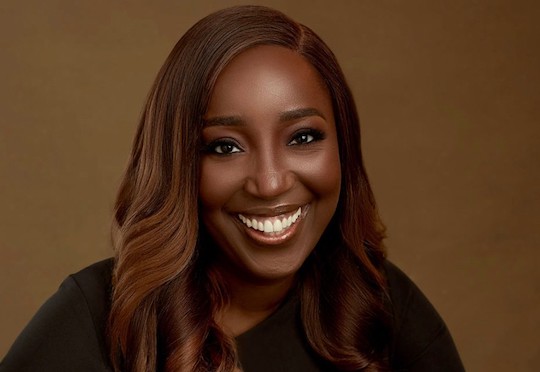In a concerning trend, global investors injecting funds into African startups over the past two years have been criticized for failing to conduct due diligence properly.
These issues have resulted in a series of high-profile failures in the African startup ecosystem.
Eloho Omame, Partner at TLCom Capital, voiced her concerns, stating, “Most of the deals announced between 2021/2022 were hurriedly sealed.” She added, “We often heard from founders that they weren’t asking ‘so many’ questions. They moved ‘fast’… from a conversation on a Friday to funds in the bank by Monday. It became hard to ask curious questions and to take your time to get to know founders and their businesses before writing a check.”
The recent failures have predominantly involved startups backed by foreign investors rather than African venture capitalists. Omame explained, “In the last couple of years, Africa-focused investors became relatively less popular than our US/global counterparts, many investing on the continent for the first time, often without an Africa mandate per se.”
Omame emphasized that the narrative that “African investors ask more questions than US/global investors” is not helpful. She urged African founders to see due diligence as an essential process, stating, “A good due diligence process seeks to understand your business and you as a founder. Good investors aim to balance that with optimizing for materiality, reasonableness, and, yes, pace.”
Iyinolwa Aboyeji, Founding Partner at Future Africa, supported these concerns, stating that many failed startups in Africa had global VCs behind them, emphasizing the danger of cheap capital in the past two years. He said, “Part of the danger of the last two years of cheap capital is that a lot of founders think building a company is a great pitch but there is just so much more to it.”
Examples of recent African startup failures include the Nigerian genomics startup, 54gene, which closed down after securing $45 million due to financial struggles and internal controversies. In Ghana, Dash, a fintech startup, shut down after raising over $86 million in five years, as an internal audit revealed inflated user numbers and financial mismanagement.
Ultimately, due to a lack of proper due diligence by global investors, several African startups have faced significant challenges and failures. This trend calls for a renewed emphasis on trust, openness, and mutual respect in the dynamic between investors and founders in the African tech and venture capital sector.
Techrectory with Agency Report.




